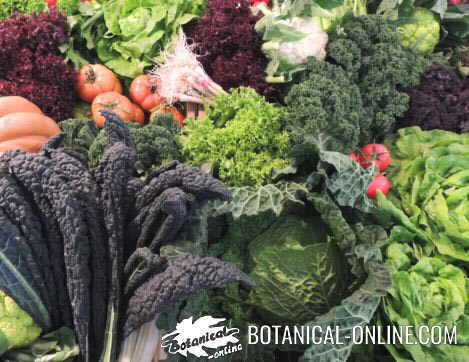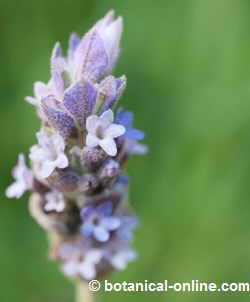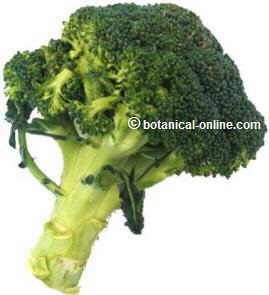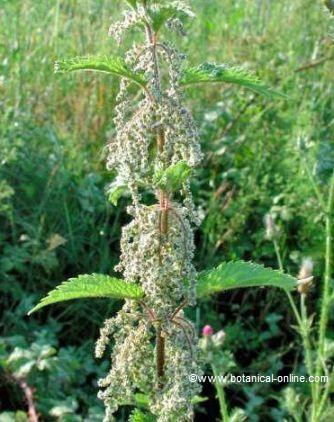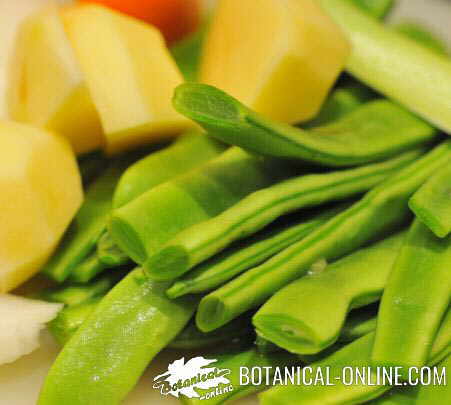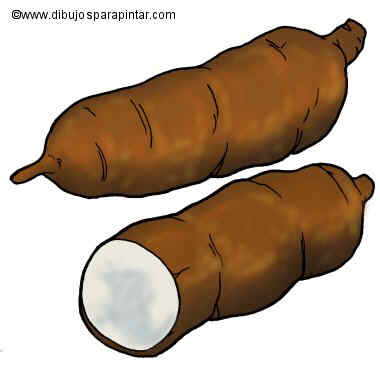Contents
Nutrition for night blindness
DIET FOR NIGHT BLINDNESS
Eye health and nutrition
Night blindness is prevented or improved with a diet rich in plants that stimulate the absorption of light on the retina. Eating vegetables, especially those containing vitamin A, and other antioxidant plant foods can prevent or delay its appearance.
The following components are very well-known because of their antioxidant properties. They can cope with free radicals, a factor that can predispose to night blindness. Moreover some of these vitamins can aid to enhance the immune system, making our eyes less vulnerable to infections. It is considered that our eyes need vitamin A, C and D five times more that the rest of our organs.
Vitamin A for night blindness
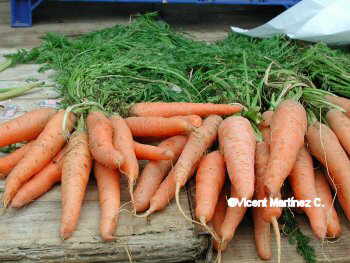
A poor diet, especially deficient in vitamin A, can lead to the development of night blindness. Retina cells contains a molecule called retinal which is necessary to see under low conditions of light and to distinguish the different colors of things.
Retinal derives from retinol, the type of vitamin A from animal sources. People, as well as other herbivore or omnivore animals, have also the possibility of transforming carotenes into retinal. So, either by animal-food or by means of plant-food ingestion, we obtain the so precious molecule that permits us a good vision.
Retinal is also necessary for the formation of rhodopsin, a pigment that we need to convert the light into electrical signals. Vitamin A especially prevents night blindness. Vitamin A deficiency may even lead to many other vision problems.
Apart for being crucial for allowing vision, the antioxidant power of vitamin A is very interesting to keep our vision in good condition, preventing diseases such as loss of vision, retina degeneration, night blindness, cataracts or glaucoma. It also helps the eyes to overcome bacterial infections such as conjunctivitis.
For those who prefer a vegetal diet can choose from the following plant foods: carrots, purslane, Swiss chard, spinach, watercress, borage, basil, squash, tomatoes, coriander, asparagus, dandelion, peppers, watermelons, melons, sprouts, bananas, apples, plums, oranges, raspberries, currants, mangoes, beans, etc.
Vitamin B for night blindness
With antioxidant and immune-protective properties. It can be obtained from whole grains (wheat, oats, barley, etc.) Nuts (hazelnuts, almonds, walnuts) vegetables (cabbage, cauliflower, spinach, radishes, endive, lettuce…) etc
Among all the vitamins of group B, Riboflavin (Vitamin B 2) is the most needed one. A deficiency in this vitamin can produce night blindness or red and swollen eyes. Animal sources of vitamin B2 are milk and dairy products (cheese, yogurt, custard, etc.), Especially low-fat dairy products. It is mainly in the liver and other organ meats, beef and veal, pork, lamb and fish
Rich plant sources of vitamin B2 are spinach, avocado, asparagus, mushrooms, wheat germ, chickpeas, peas, beans, bread, cereals or products made with some cereal (Most of these products contain vitamin B added)
Vitamin C for night blindness
In addition to its antioxidant properties, vitamin C is needed for the absorption of vitamin A and E. Its deficiency causes a weakness in the capillaries. Vitamin C deficiency makes swollen or injured eyes more difficult to recover. This vitamin is also important for the proper absorption of iron, calcium or other amino acids.
Citrus fruits (oranges, lemons, grapefruits, limes, tangerines, etc.) are very rich. Other plants that contain a lot of this vitamin are: cauliflower, radishes, brussels sprouts, spinach, bananas, apples, melons, watermelons, carrots, pineapples, pears, papayas, barley, garlic, blackberries, celery, peas, strawberries, raspberries, currants, blueberries, grapes, celery, figs, beans, chicory, cranberries, potatoes, avocados, soybeans, custard apples, mangoes, pomegranates, coconuts, etc.
- Vitamin E for night blindness : Vitamin E protects cell membranes from oxidation by protecting fatty acids. A lack of this vitamin produces degenerative changes in the cells of some tissues. In this sense, vitamin E prevents many eye diseases by neutralizing the action of free radicals.
Plants that have this vitamin are vegetable fats: Wheat germ oil, sunflower seeds, hazelnuts, sunflower oil, toasted almonds and olive oil. Other foods with vitamin E are mangoes and avocados.
Minerals for night blindness
- High- zinc containing food for night blindness: Zinc is necessary for good vision, since it helps the absorption of other components needed for the eyes, such as vitamin A. Milk derivatives, such as cheese or yogurt, are very rich in this mineral. We can also find it in red meats.
Among the main vegetable food we can distinguish celery, asparagus, borage, figs, potatoes, eggplant, etc.
- High – selenium containing food for night blindness : Selenium, as well as zinc, helps the absorption of other components need for the eyes, such as vitamin E. Seafood provides a great deal of selenium.
Among the plant foods we have rice, wheat, oats or their derivatives, such as bread or pasta. Other food rich in this mineral are: squash, barley, grapes, garlic, peaches, corn, soybean, pistachios, Brazil nuts, asparagus or spinach.
Anthocyanidins for night blindness
During the Second World War, British pilots accidentally discovered that their sight improved if they ate bilberry jam regularly. they also found that their view more easily adapted when going from brightly lit areas to darker areas. Subsequently, there have been numerous studies have showing the importance of these fruits for sight conservation and prevention of many eye diseases.
Blueberries are rich in flavonoids anthocyanins, a pigment found in some fruits ranging from red to blue or purple, such as blueberries, raspberries, cherries, purple cauliflower, apples, eggplant, plums and grapes. These components have antioxidant properties that help repair the injuries that occur inside the eye by the action of free radicals.
The work of these flavonoids specifically focuses on the repair of retinal nerve cells, by means of increasing blood flow, which brings more nutrients to the eye to protect collagen, and produce rhodopsin faster. Rhodopsin is a protein in the rods of the retina which responsible for capturing the light.
Eating bilberries and other plants containing anthocyanins can be a good way to protect your eyes against many eye diseases, such as night blindness, retinal detachment, diabetic retinopathy, cataracts, glaucoma or macular degeneration.
Foods high in these anthocyanidins are blueberries, blackberries, raspberries, cherries,, purple cabbage, etc.
Essential fatty oils for night blindness
Essential fatty acids (Vitamin F) (omega acids group) prevent macular degeneration and help in the formation of vitamin A from carotenes. They are linoleic acid (LA = omega 6) and alpha linolenic acid (= omega 3).
Apart from the blue fish (salmon, sardine, mackerel, tuna, etc) there are some vegetable food that can provide them. The first can be obtained primarily from soybean oil, sunflower, corn oil and wheat germ, vegetables, nuts and whole grains. The second is obtained primarily from linseed oil, rapeseed and soy, whole grains, vegetables, pumpkin seeds or nuts.
![]() More information about night blindness and its natural treatment.
More information about night blindness and its natural treatment.

